
Teachers' ideas and classroom practices in inquiry-based science education
Our latest study identifies two key challenges that prevent science teachers from fully implementing their educational ideals - and offers insights for improving teacher training and professional development 👩🏫
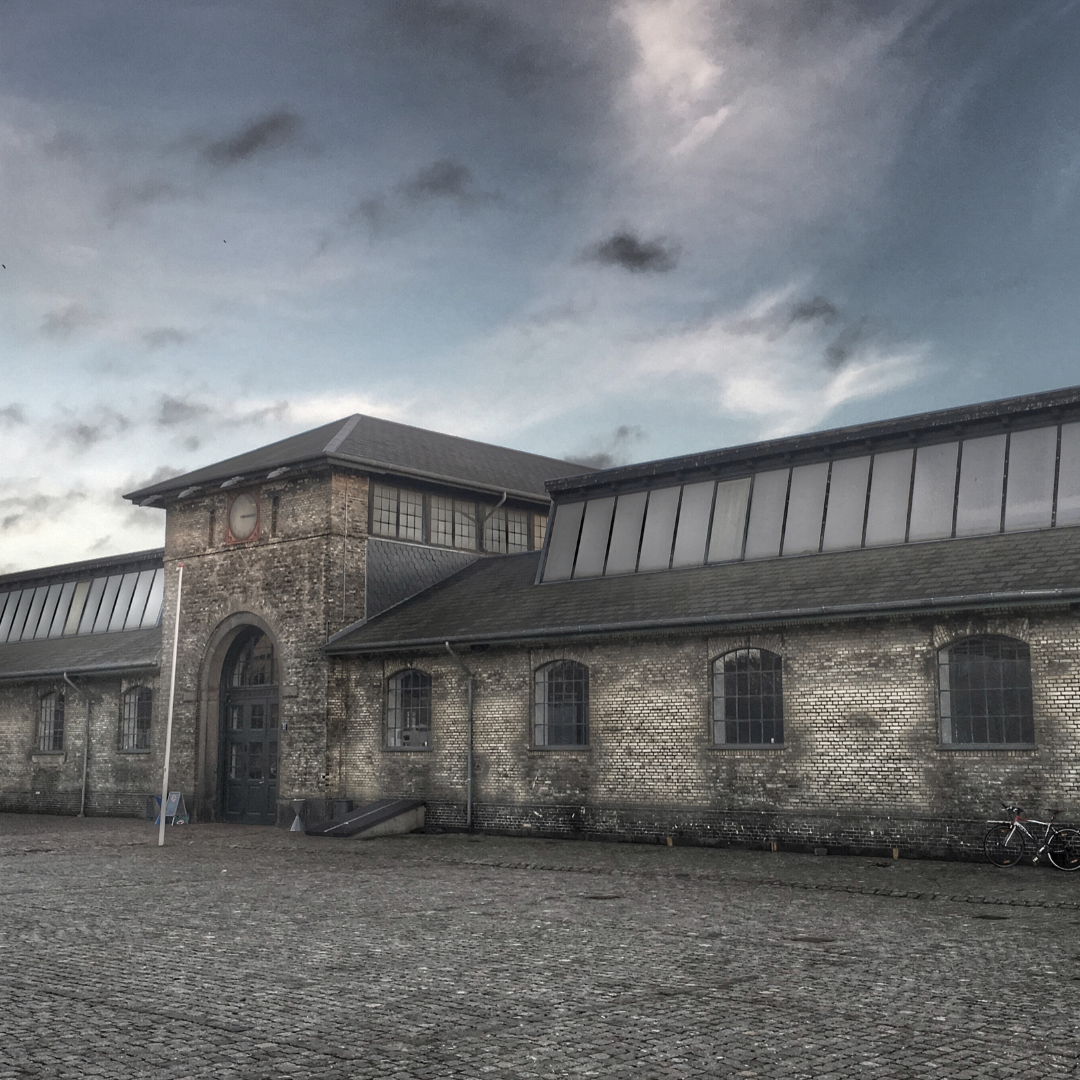
Breaking records and building connections at ESERA 2025
What an absolutely incredible conference we've just wrapped up here in Copenhagen! Thank you to everyone who made this week possible 💪
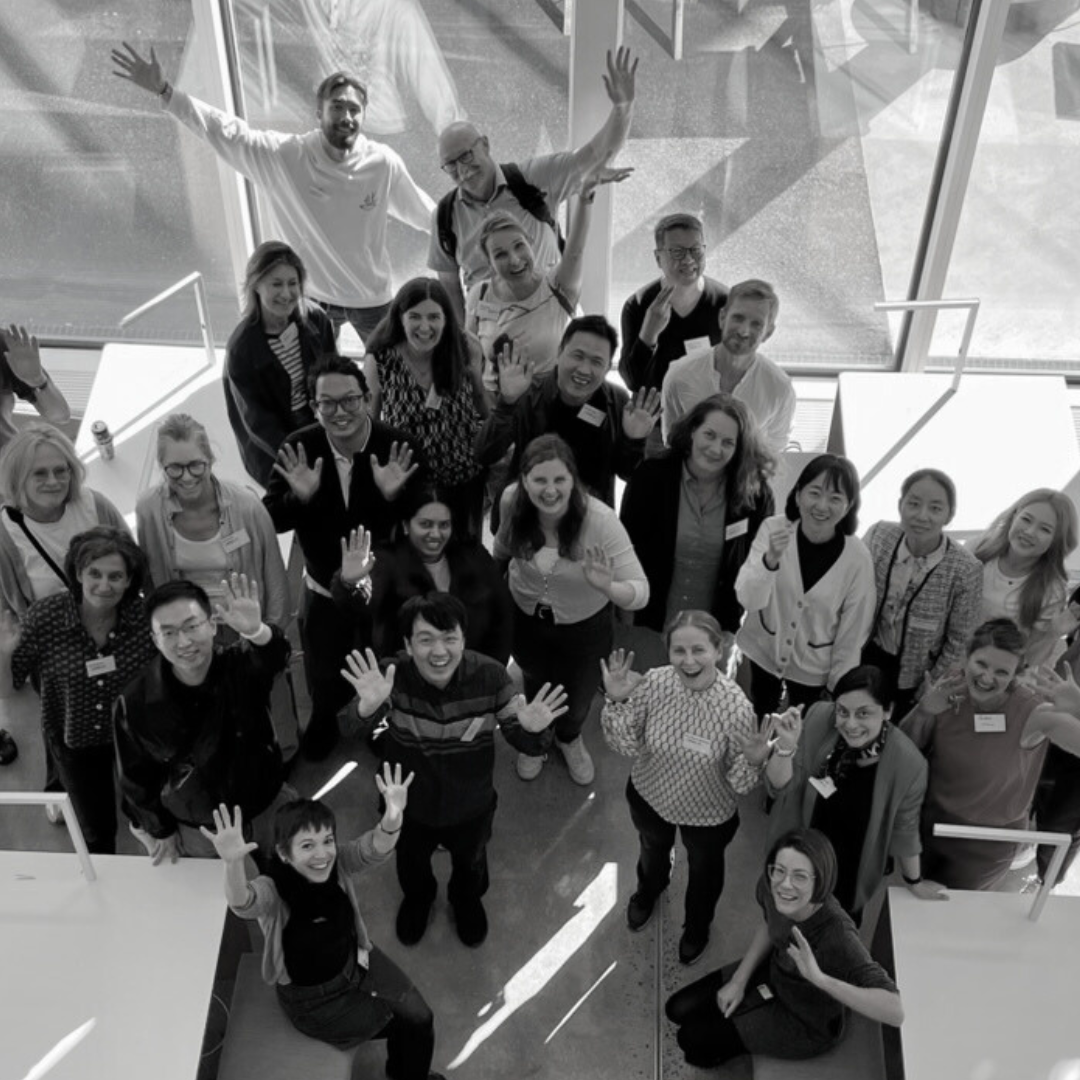
Four years leading ESERA SIG6
After four wonderful years as co-coordinator of ESERA's Special Interest Group on Languages and Literacies in Science Education (SIG6), I have officially stepped down from the role. What a brilliant journey this has been 🙂

Heading to Zurich: IARU Early-Career Collaboration Award
Exciting news! I've been awarded an IARU Early-Career Collaboration Award to conduct research at ETH Zurich in 2026. Working with Dr. Charlotte Müller, we'll be investigating what actually works in embodied science education and why 🎓
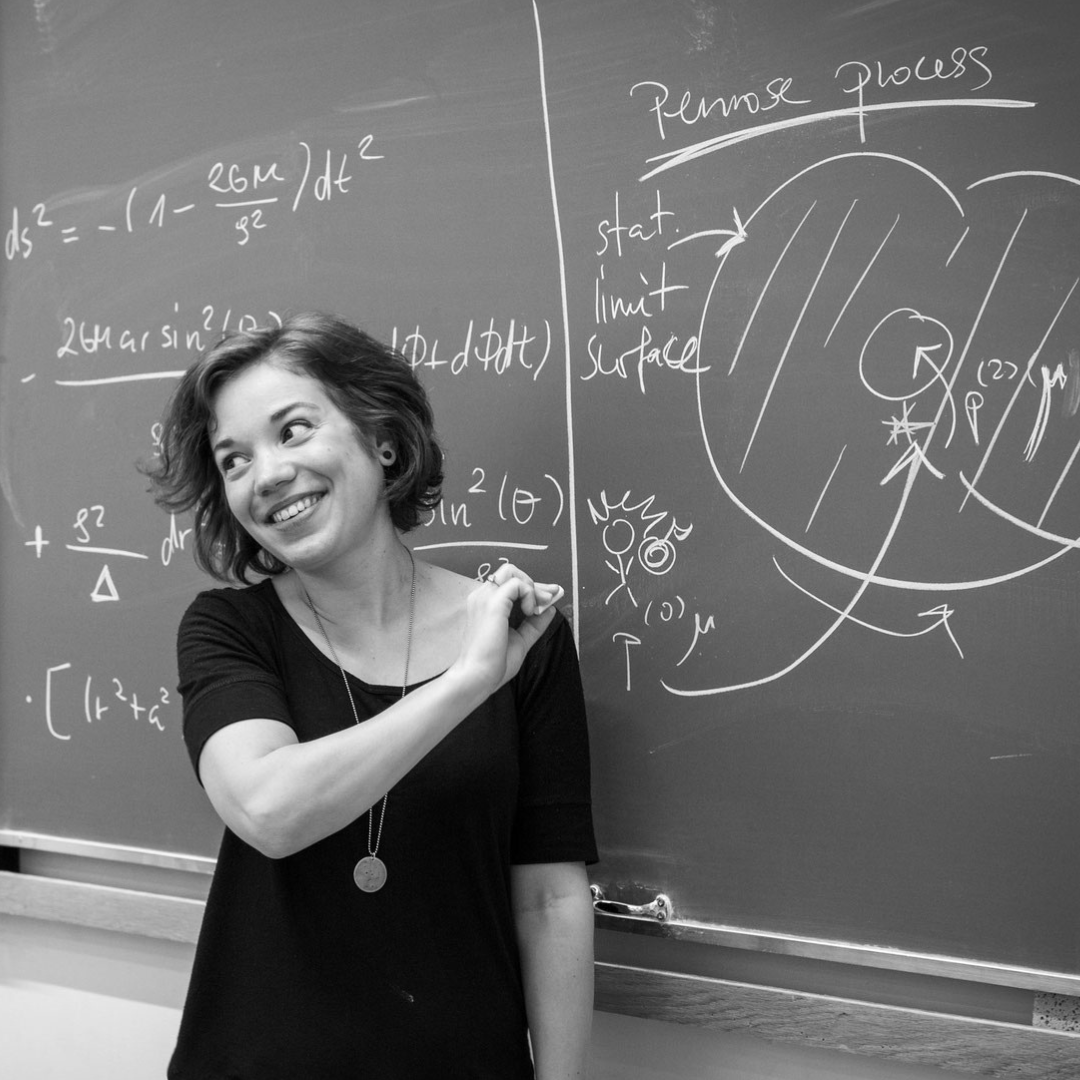
From mathematics to STEM education: an unexpected journey
From chalk-dusted blackboards to embodied cognition research: A personal reflection on crossing disciplinary boundaries and finding unexpected career paths 🤓
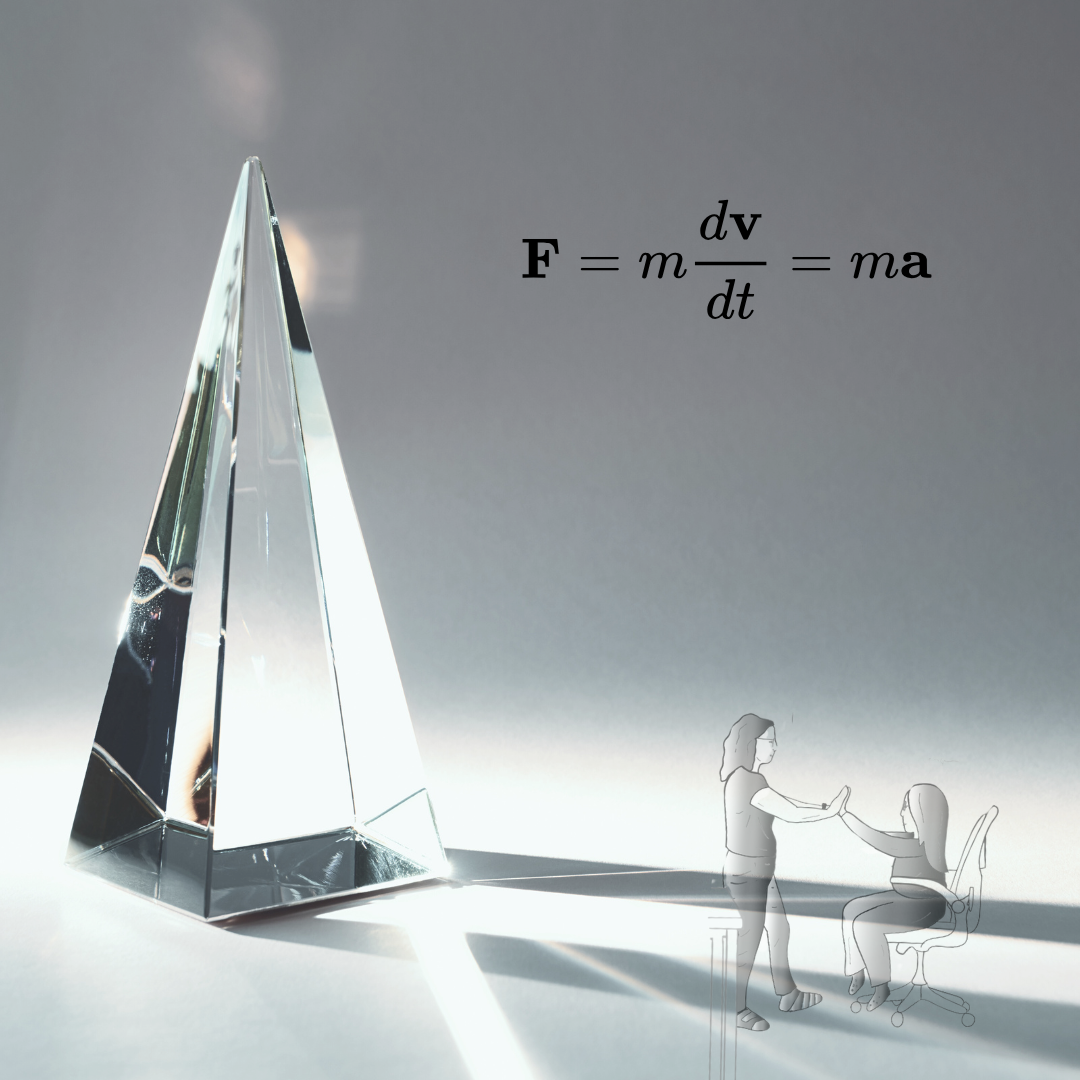
Dual Lenses on Science Classroom Interaction: New Publication
When it comes to understanding how students learn physics concepts, sometimes we need to look through more than one lens 🔍🔍
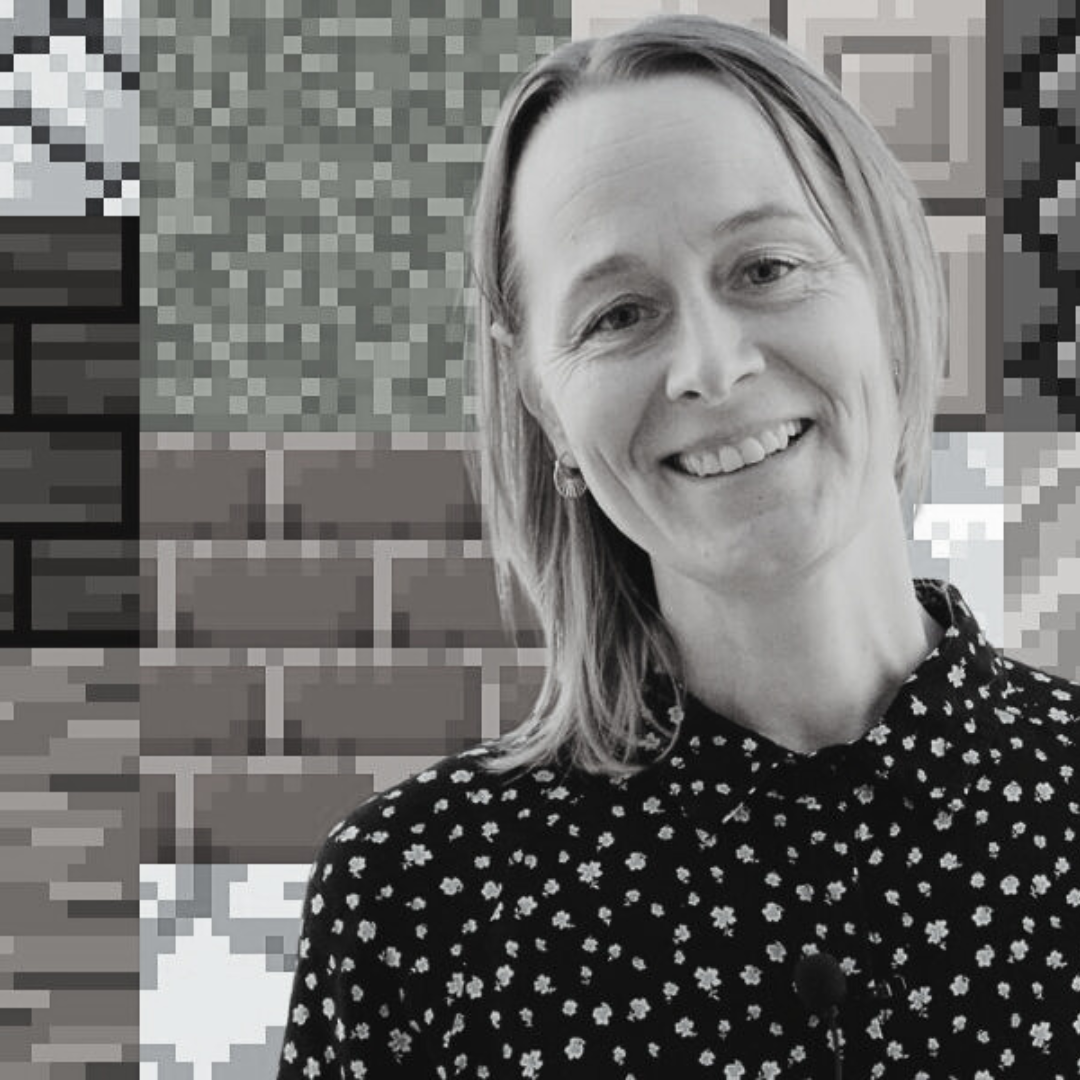
An embodied approach to STEM - celebrating student research
So proud of my graduate student Mette Elsnab Olesen whose thesis maps how teachers conceptualise and implement embodied instructional approaches in STEM classrooms 🎓
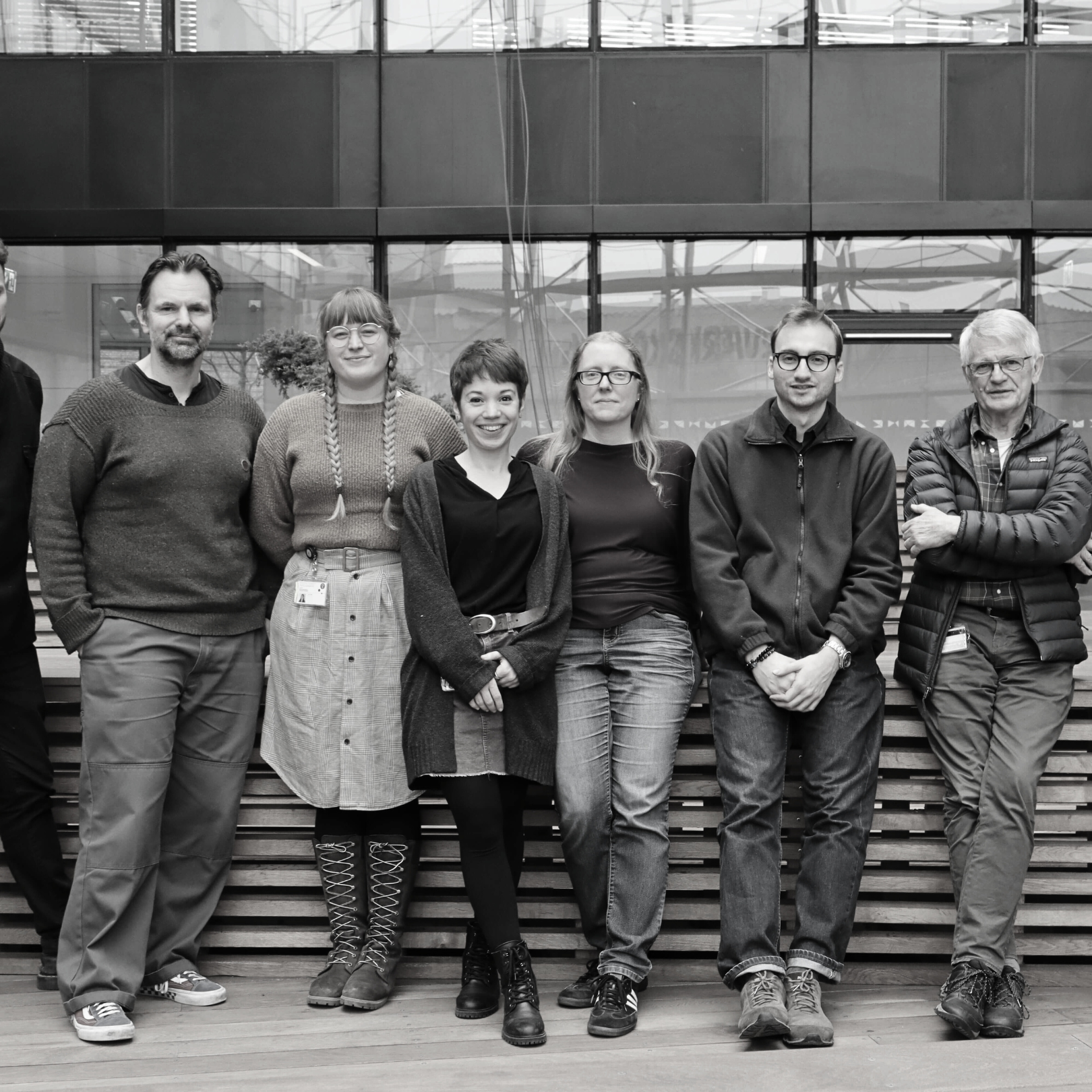
Join KUPER's Unfinished Business 2
The Physics Education Research Group at the University of Copenhagen invites you to peek behind the curtain of our ongoing research projects at our interactive poster exhibition 🧁
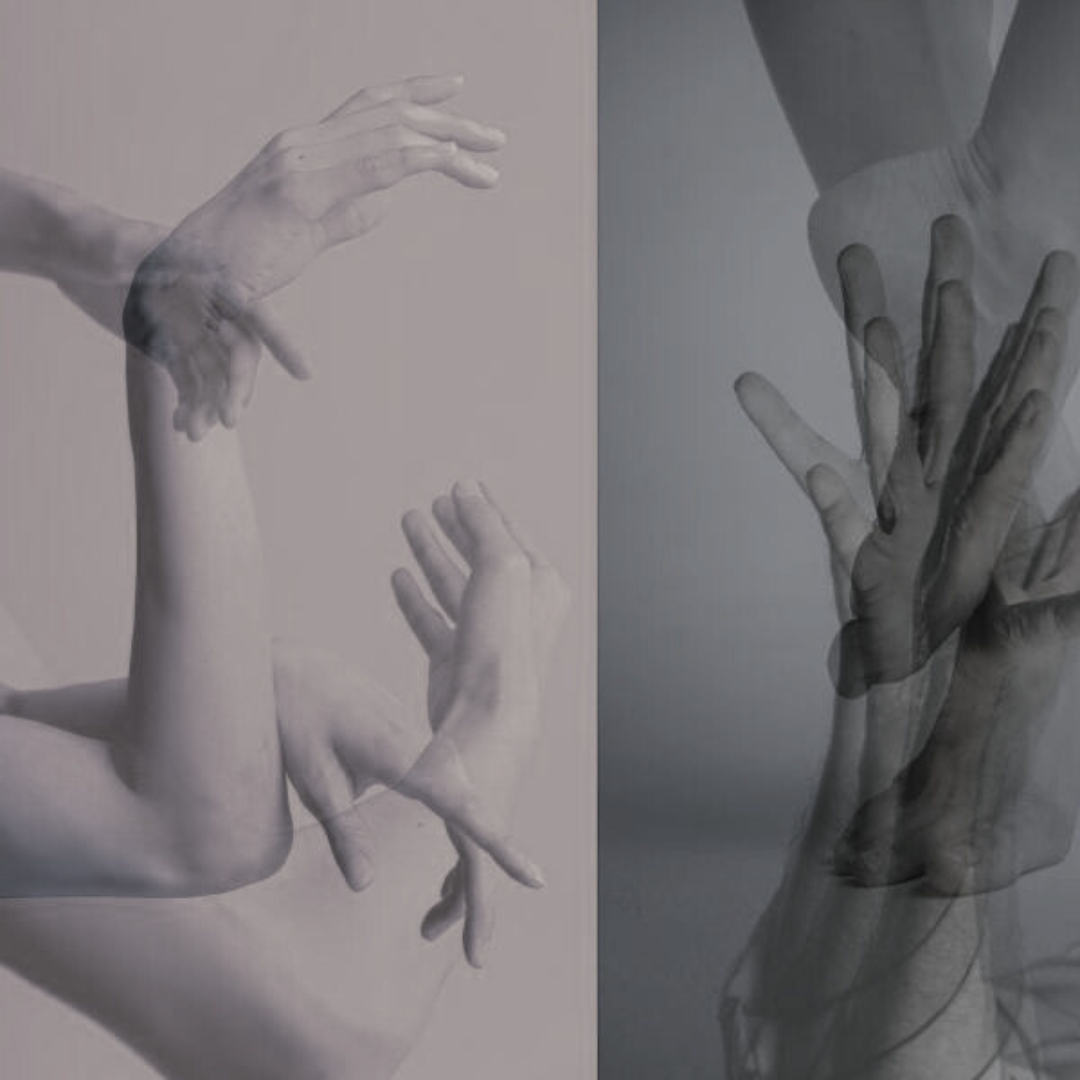
Building a dictionary for embodied science education
How do we translate insights from cognitive science into teaching tools? Together with the SENSES network, we're building a dictionary of embodied science education 📖
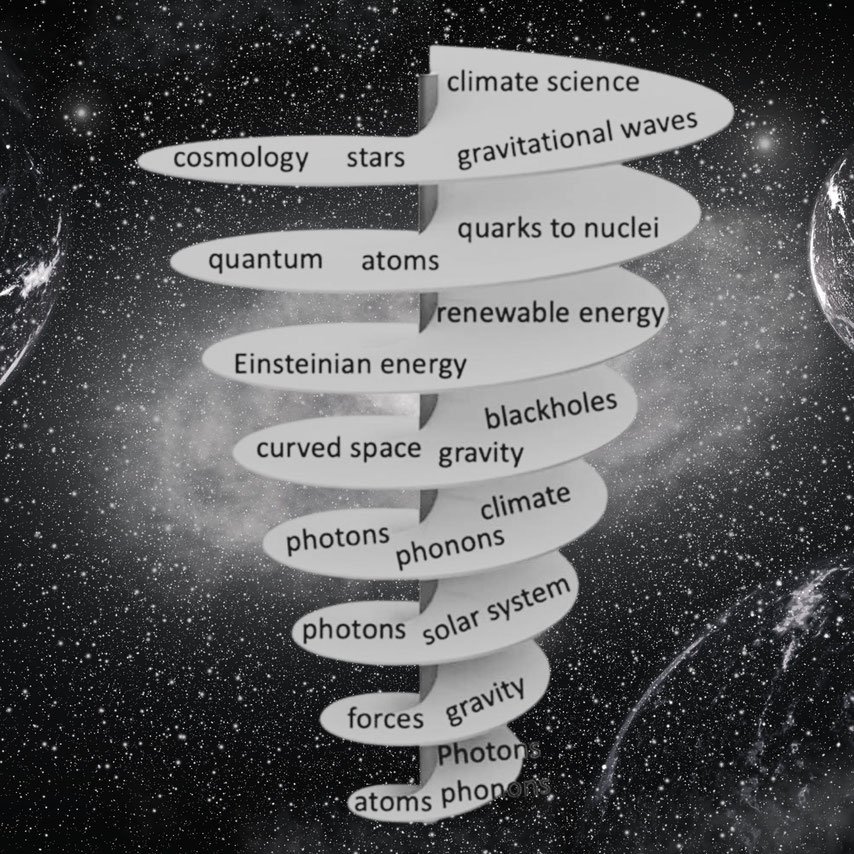
Developing an Einsteinian science curriculum from years 3–10
Two new papers present our Einsteinian science curriculum from Years 3 to 10 and show how we can prepare teachers to confidently teach these topics 💪

Come work with me - PhD position in science education research
We are looking for a PhD candidate to join us for a research project exploring how primary school science teachers can foster nature connectedness in their students 🔍
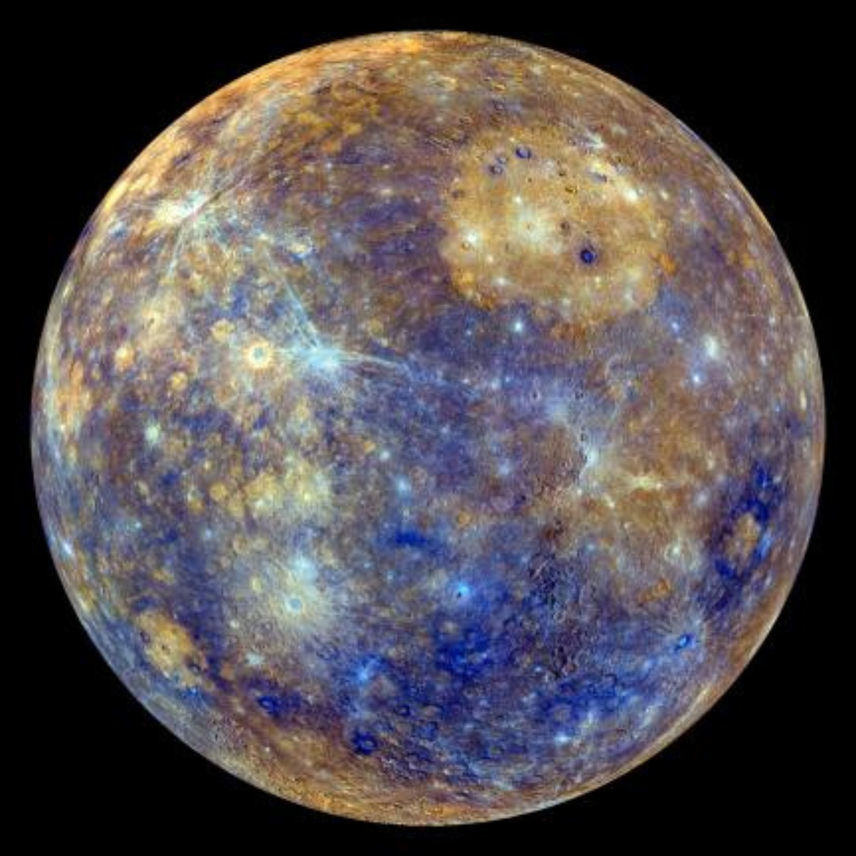
Models of gravity - from Newton's law to Einstein's spacetime
Models are at the core of scientific inquiry. In my latest piece for the Norwegian Centre for Science Education, I use the history of gravity as a case study to illustrate how models become crucial tools in advancing scientific knowledge 🤓
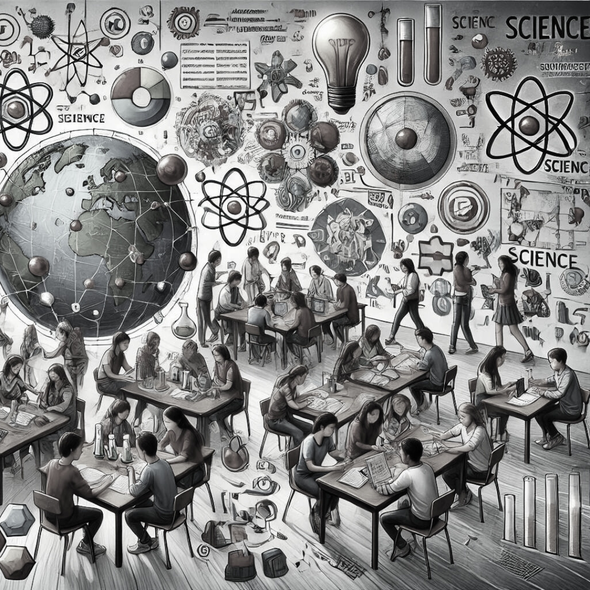
Languages & literacies in science education
Our ESERA Special Interest Group has just published a position paper on the evolving roles of languages and literacies in science education 🙂

From the cosmos to the classroom
How do science education, science communication, and public outreach intersect and overlap? And how do our evolving education and communication practices affect our understanding of science and its place in society? Together with Urban Eriksson, I wrote a feature for CERN Courier reflecting on these questions 📣
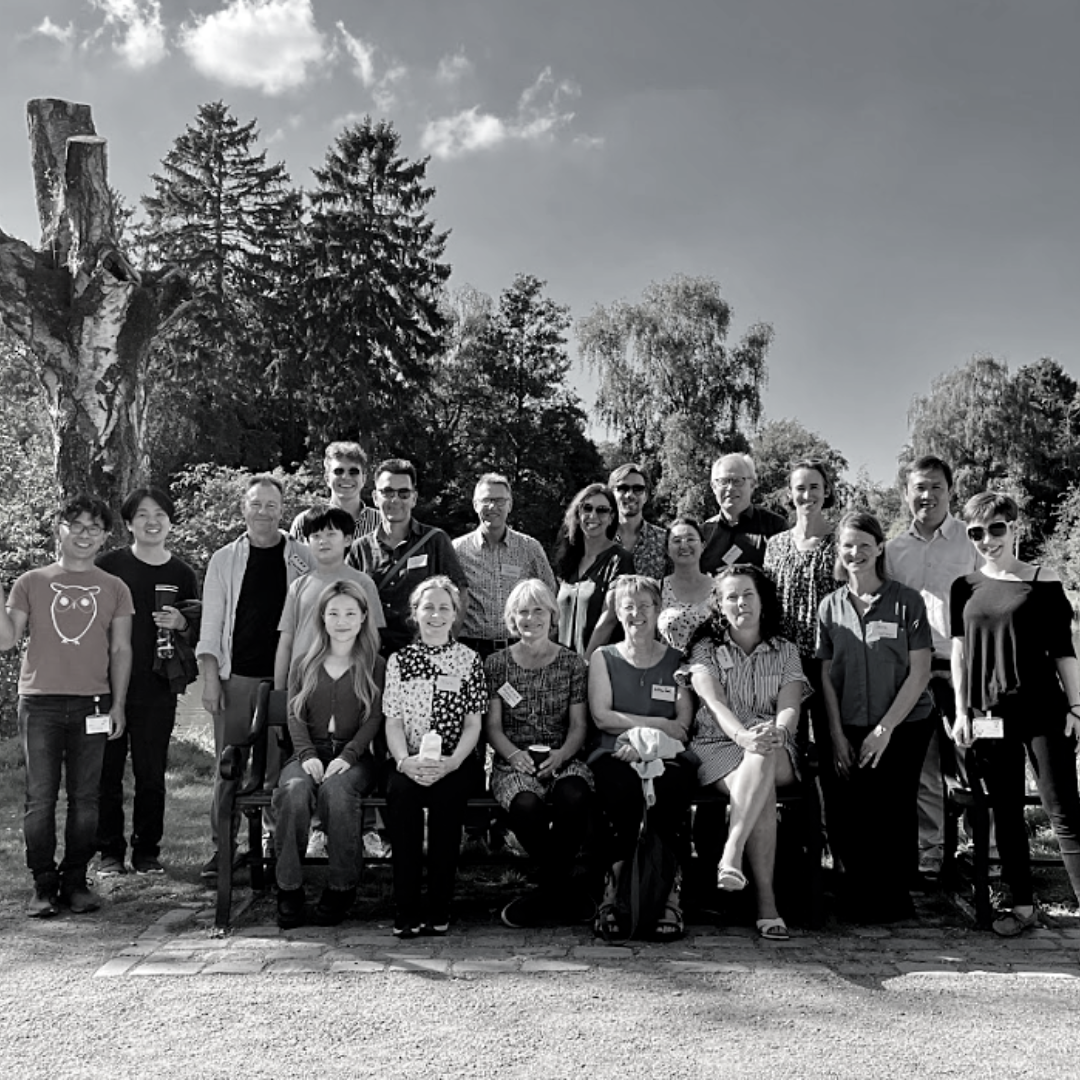
Hosting the ESERA SIG6 Meeting
I am proud to have hosted the ESERA SIG6 Meeting 2023 in Copenhagen. With about 30 scholars participating in vibrant discussions on languages and literacies in science education, the event was a great success 🥳
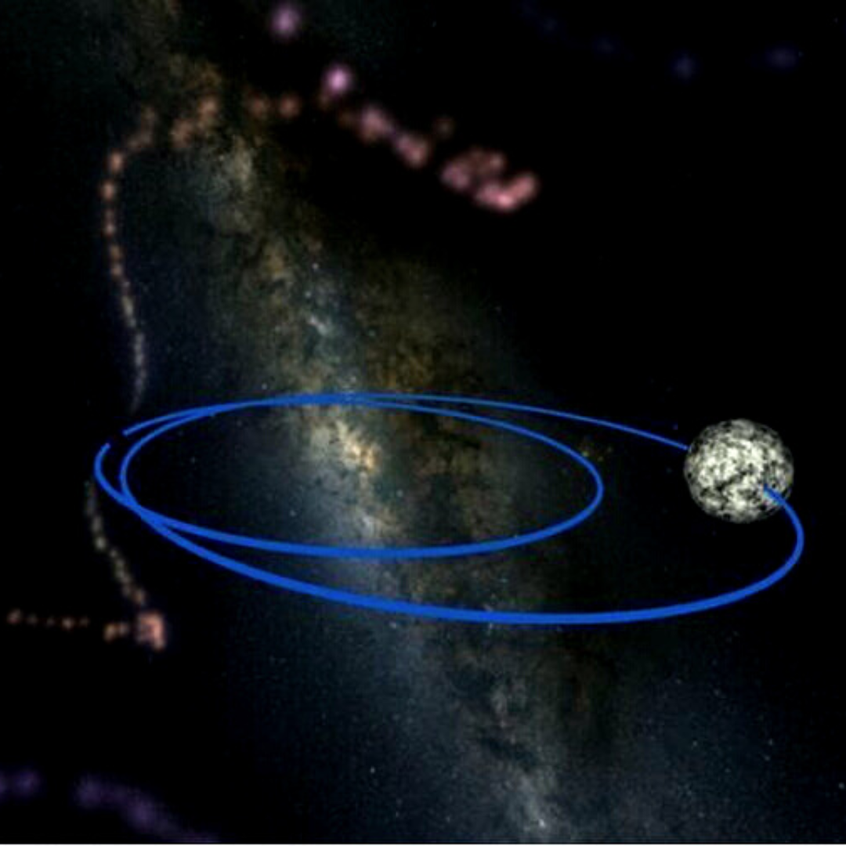
Virtual reality in astronomy education
I'm excited to share our latest paper, in which we reflect on design principles for using virtual reality in astronomy education 💫
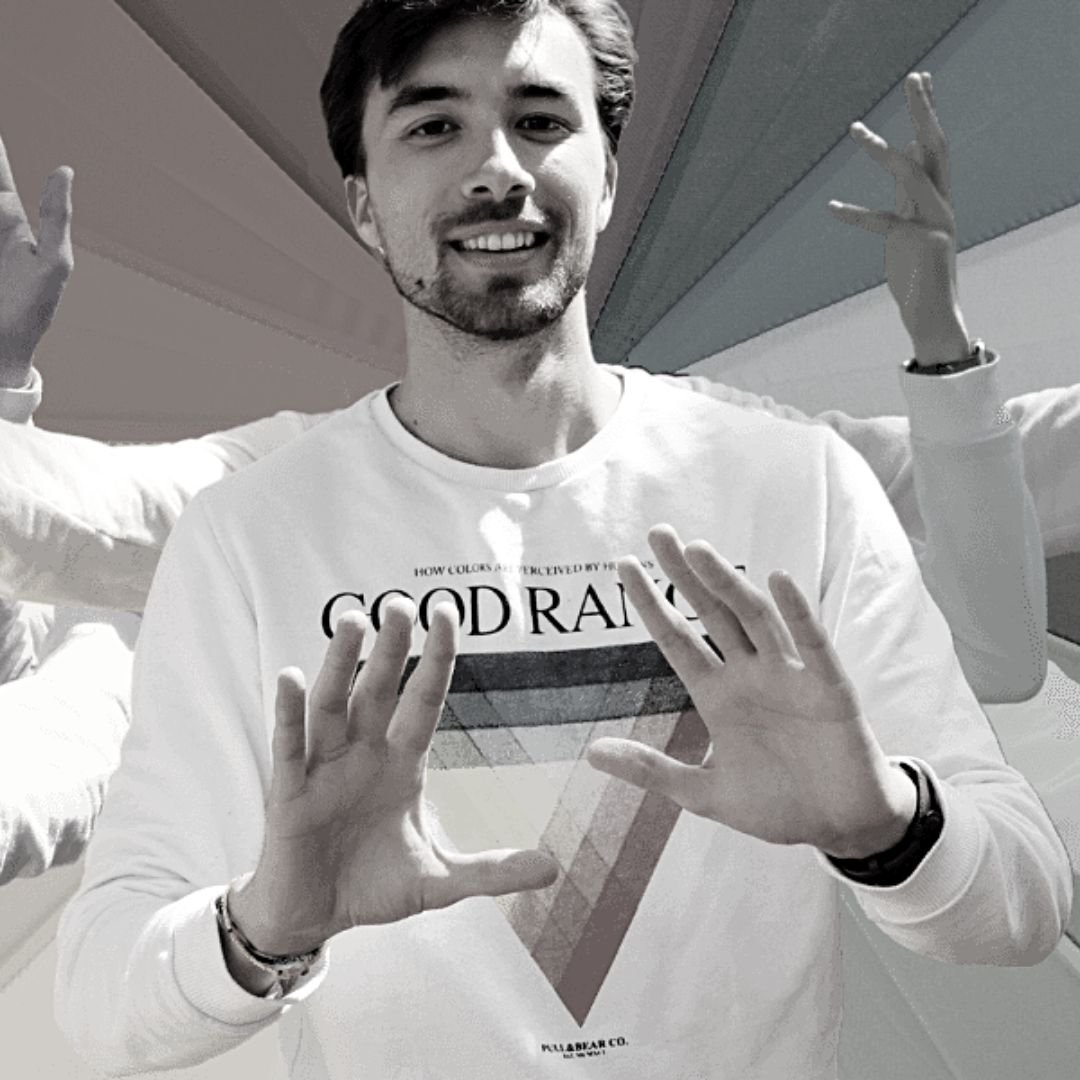
Using embodied cognition to teach abstract coding concepts
This month, my PhD student Fridtjof Gjengset launched his project at his start-up seminar, proposing to leverage embodied cognition principles to enhance computational literacy in STEM 👩💻
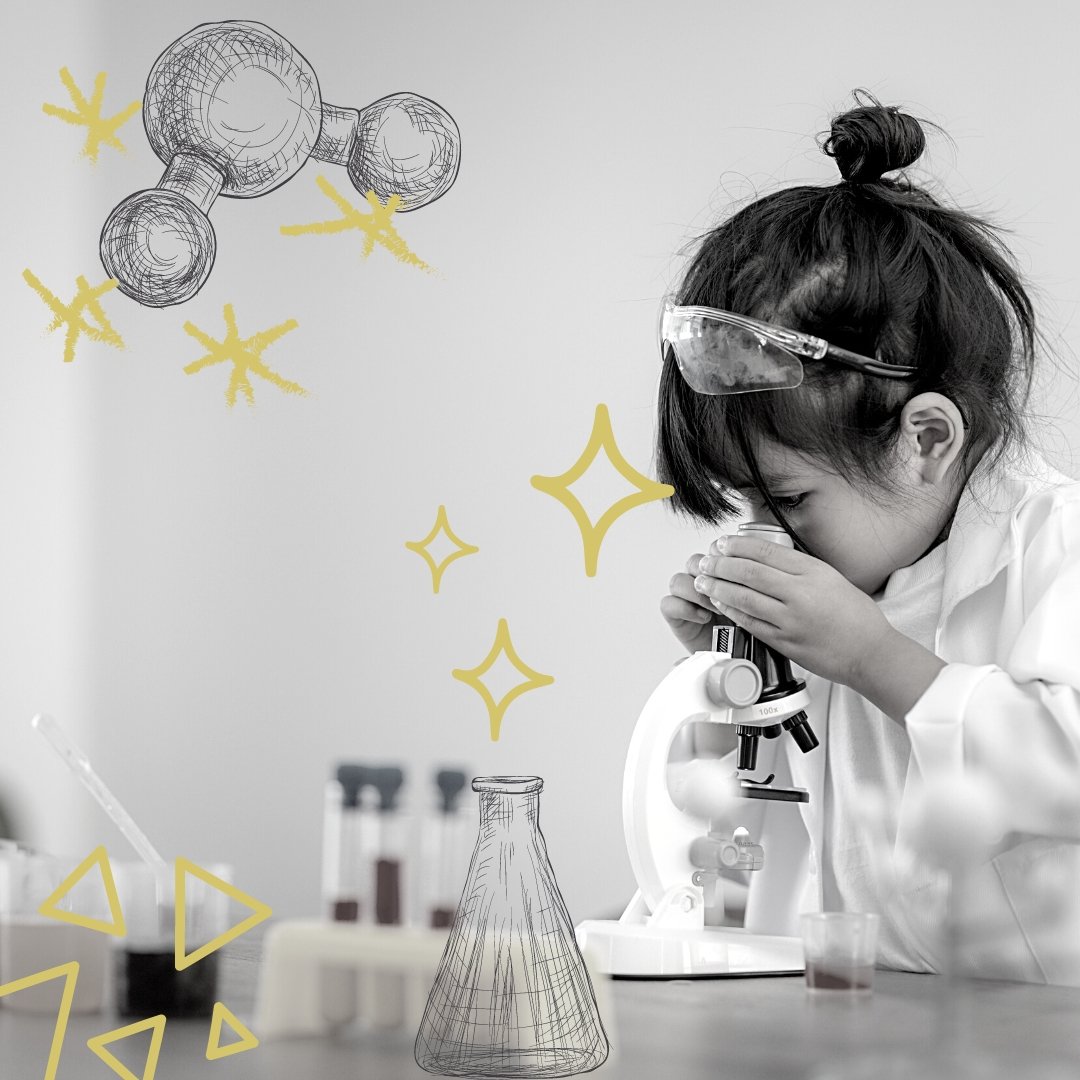
Studying the quality of inquiry-based teaching in science classrooms
Hot off the press! Our new research paper on inquiry-based science teaching is out now, shedding light on how this instructional method can enhance teaching quality and student participation 🧑🏫
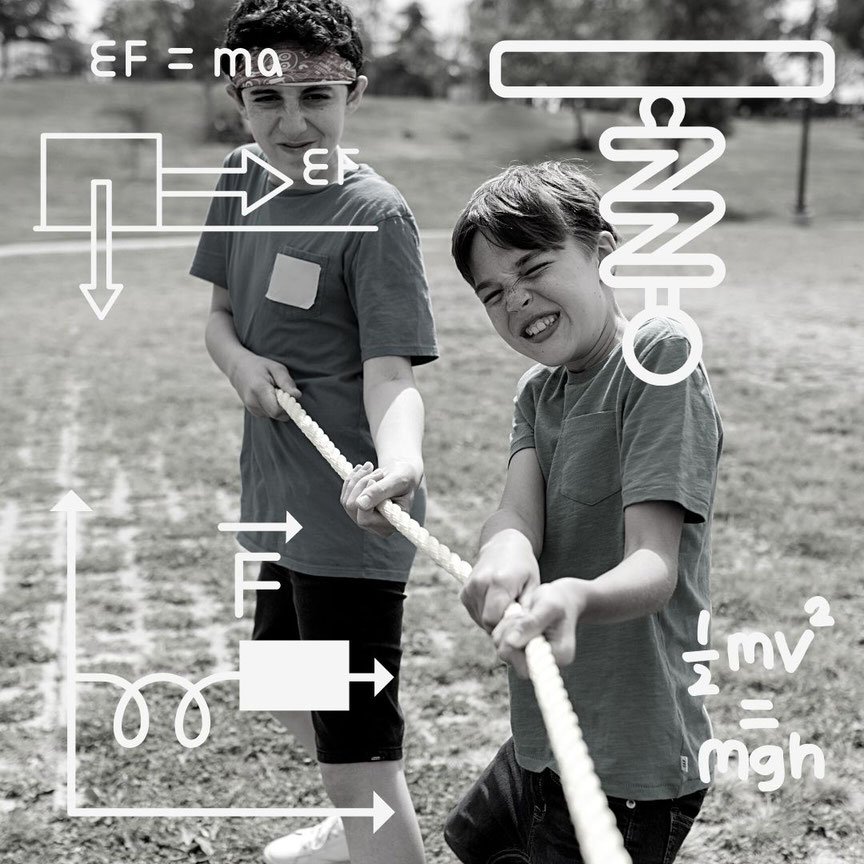
Putting the body into science education
How can we energise classrooms and foster science learning by embracing embodied teaching methods? I wrote a piece on embodied cognition in science education for Teacher Plus 🙂
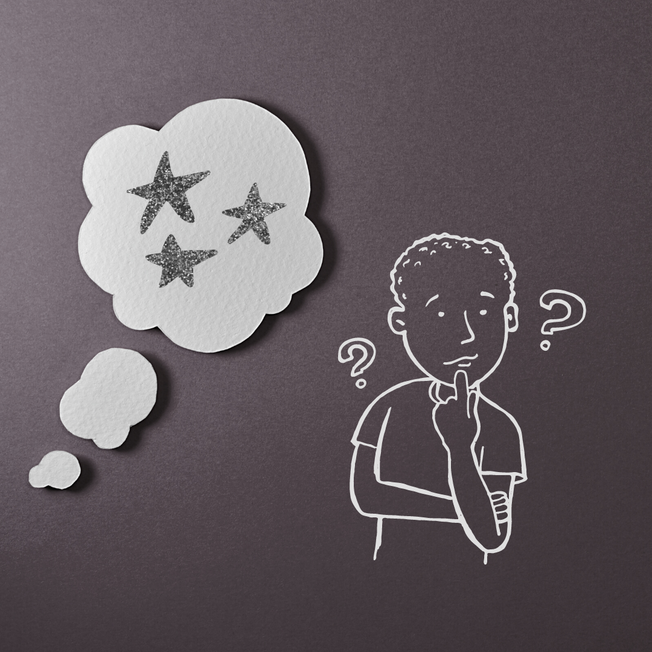
From conceptual change to scientific imagination
How can history & philosophy of science and science education research inform and influence each other? We take conceptual change and scientific imagination as an example to explore this question 🤓